Maintaining optimal health as a woman requires attention to specific nutritional needs that vary with age, lifestyle, and health conditions. While a balanced diet is the foundation of good health, food supplements can fill nutritional gaps and provide targeted support for hormonal balance, bone health, and overall well-being. This article explores essential food supplements that women should consider incorporating into their daily routine for a healthier, more vibrant life.
1. Calcium for Strong Bones
Calcium is vital for maintaining bone density and preventing osteoporosis, especially for women as they age. Women are more prone to bone loss due to hormonal changes during menopause, making calcium supplementation crucial.
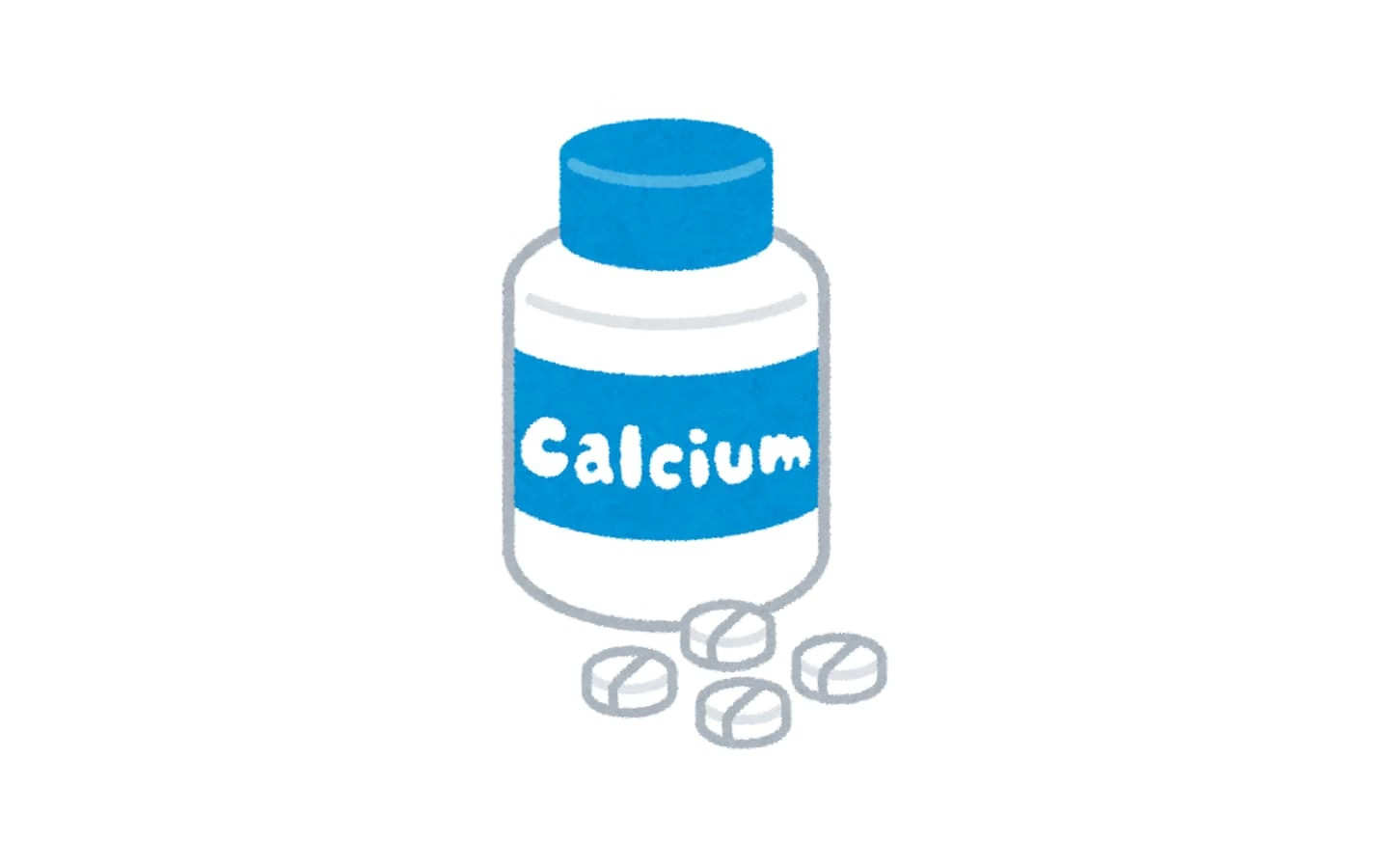
Recommended Intake:
- Women aged 19-50: 1,000 mg per day
- Women aged 51 and older: 1,200 mg per day
Best Sources:
- Supplements with calcium citrate or calcium carbonate
- Combine with vitamin D for better absorption
Benefits:
- Reduces the risk of osteoporosis
- Supports healthy teeth and bones
2. Iron for Energy and Vitality
Iron is essential for producing hemoglobin, which carries oxygen in the blood. Women of reproductive age often need extra iron to compensate for blood loss during menstruation, reducing the risk of anemia.
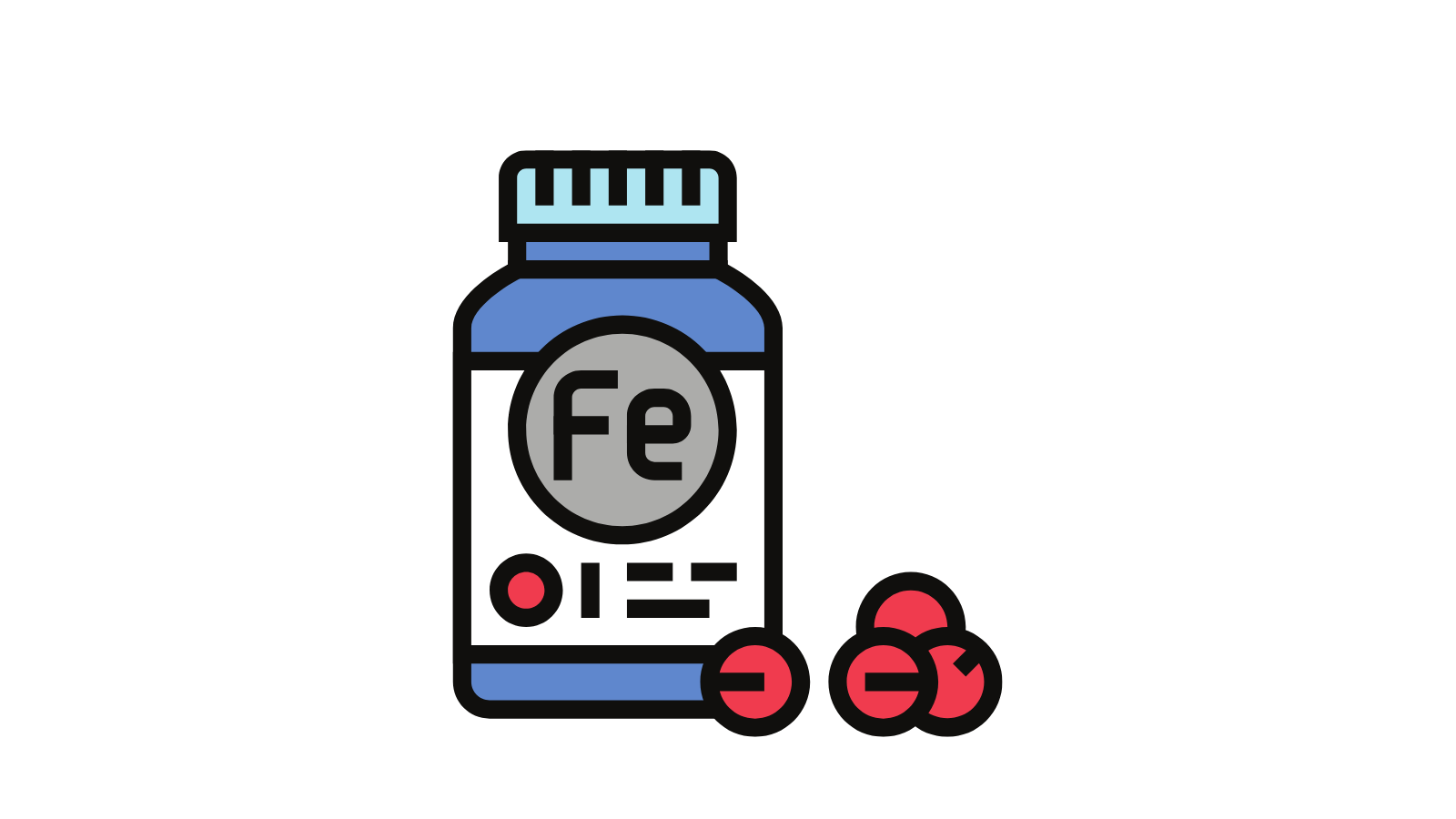
Recommended Intake:
- Premenopausal women: 18 mg per day
- Postmenopausal women: 8 mg per day
Best Sources:
- Ferrous sulfate or ferrous gluconate supplements
- Pair with vitamin C for improved absorption
Benefits:
- Prevents fatigue and weakness
- Supports healthy red blood cell production
3. Vitamin D for Bone and Immune Health
Vitamin D helps the body absorb calcium and plays a key role in immune function. Many women are deficient in vitamin D due to limited sun exposure, especially in colder climates.
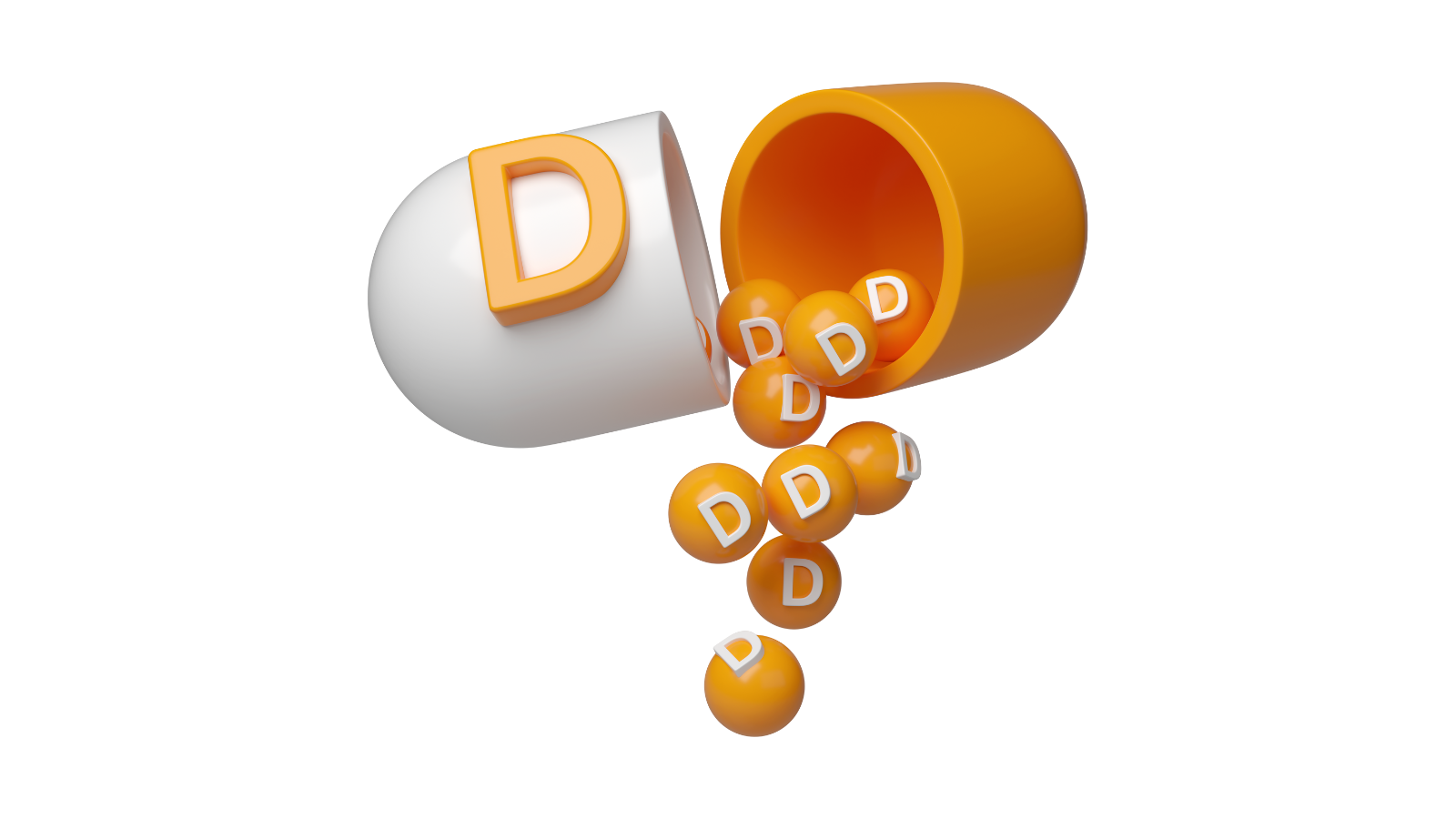
Recommended Intake:
- 600 IU per day (ages 19-70)
- 800 IU per day (ages 71 and older)
Best Sources:
- Vitamin D3 supplements
- Combination supplements with calcium
Benefits:
- Promotes bone strength
- Boosts immunity and reduces inflammation
4. Omega-3 Fatty Acids for Heart and Brain Health
Omega-3 fatty acids, particularly EPA and DHA, support cardiovascular health, reduce inflammation, and improve cognitive function. They are especially important during pregnancy for fetal brain development.
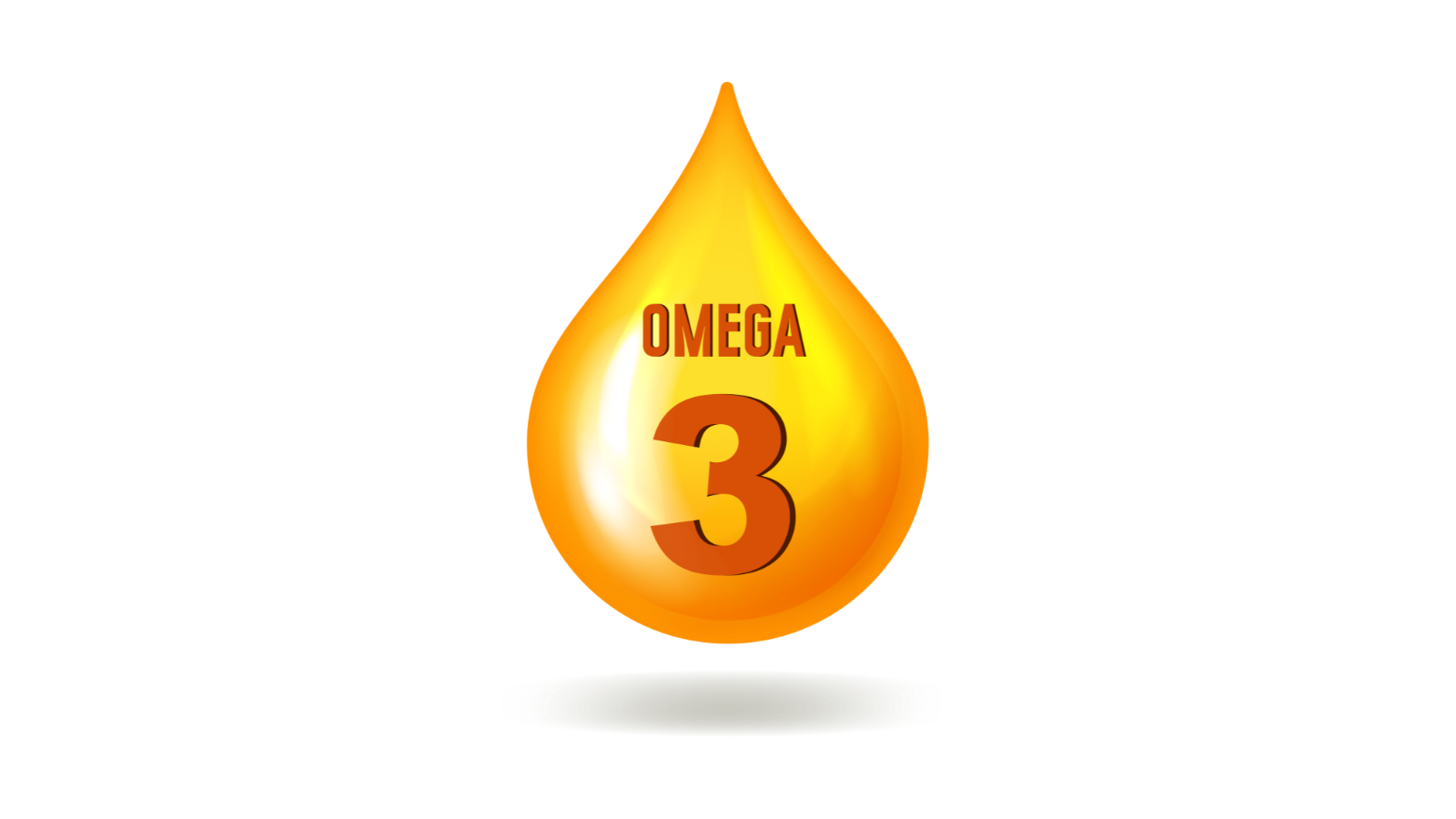
Recommended Intake:
- 250-500 mg of combined EPA and DHA per day
Best Sources:
- Fish oil or algae-based supplements (vegan option)
- Look for molecularly distilled options to avoid contaminants
Benefits:
- Supports heart health
- Enhances brain function and mood
5. Folic Acid for Pregnancy and Cellular Health
Folic acid (or folate) is crucial for women of childbearing age to prevent neural tube defects during pregnancy. It also supports cell production and DNA synthesis, making it essential for overall health.
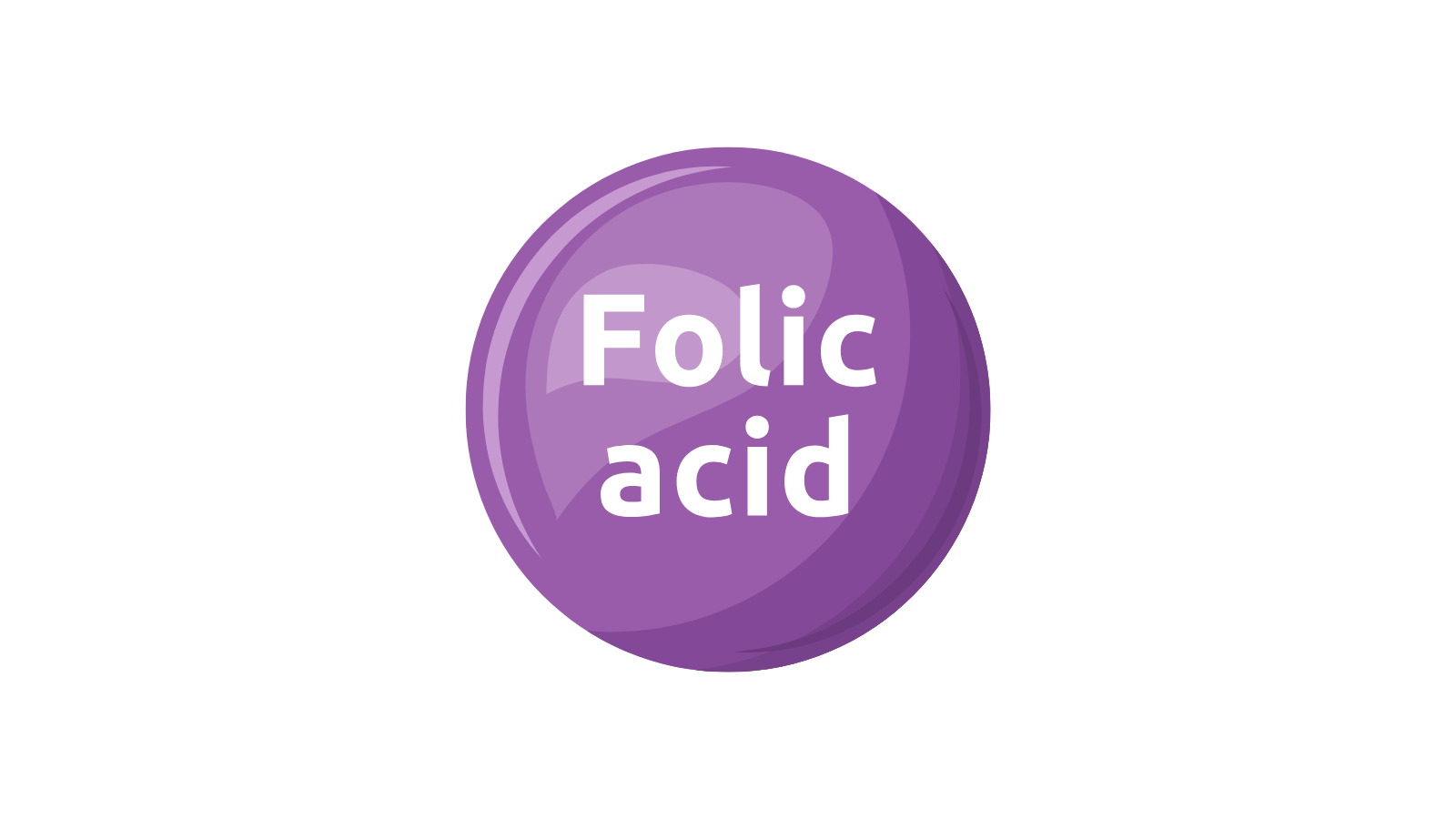
Recommended Intake:
- 400-800 mcg per day (increased during pregnancy)
Best Sources:
- Folic acid supplements or prenatal vitamins
- Natural folate in leafy greens and legumes
Benefits:
- Prevents birth defects
- Promotes healthy cell growth and repair
6. Magnesium for Stress and Muscle Health
Magnesium is involved in over 300 biochemical reactions in the body, including muscle function, nerve signaling, and stress management. Many women are deficient in magnesium due to poor diet or stress.
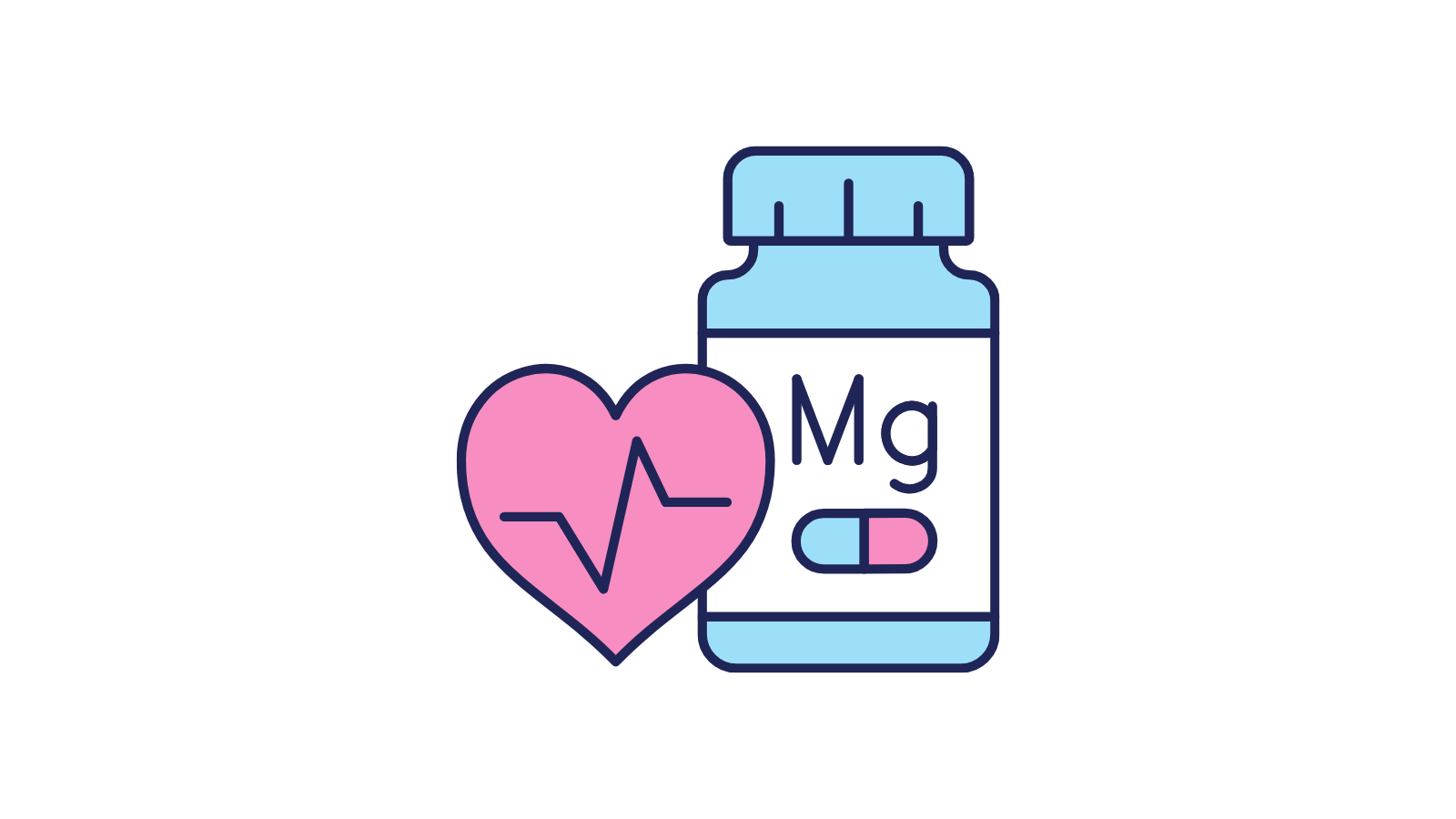
Recommended Intake:
- 310-320 mg per day
Best Sources:
- Magnesium glycinate or citrate supplements
- Epsom salt baths for topical absorption
Benefits:
- Relieves muscle cramps and tension
- Reduces stress and promotes better sleep
7. Probiotics for Digestive and Immune Health
Probiotics are beneficial bacteria that support gut health, which is closely linked to overall wellness. They can help women with digestion, immunity, and even hormonal balance.
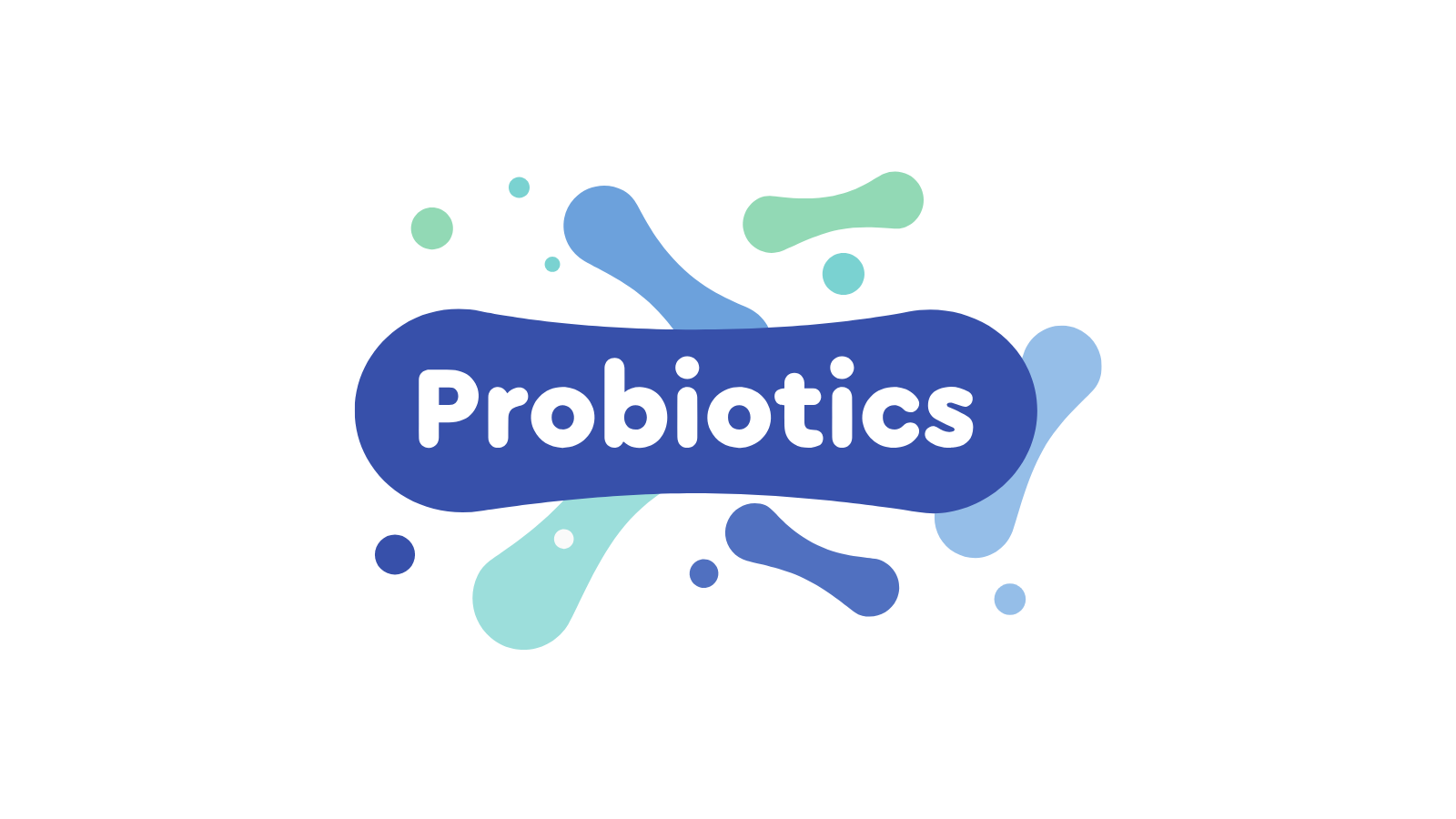
Recommended Intake:
- 1-10 billion CFU per day, depending on the strain
Best Sources:
- Probiotic supplements with Lactobacillus and Bifidobacterium strains
- Pair with prebiotic fibers for enhanced efficacy
Benefits:
- Improves digestion and gut health
- Supports a stronger immune system
8. Collagen for Skin and Joint Health
Collagen is the most abundant protein in the body, providing structure to skin, hair, nails, and joints. As women age, collagen production decreases, leading to wrinkles and joint discomfort.
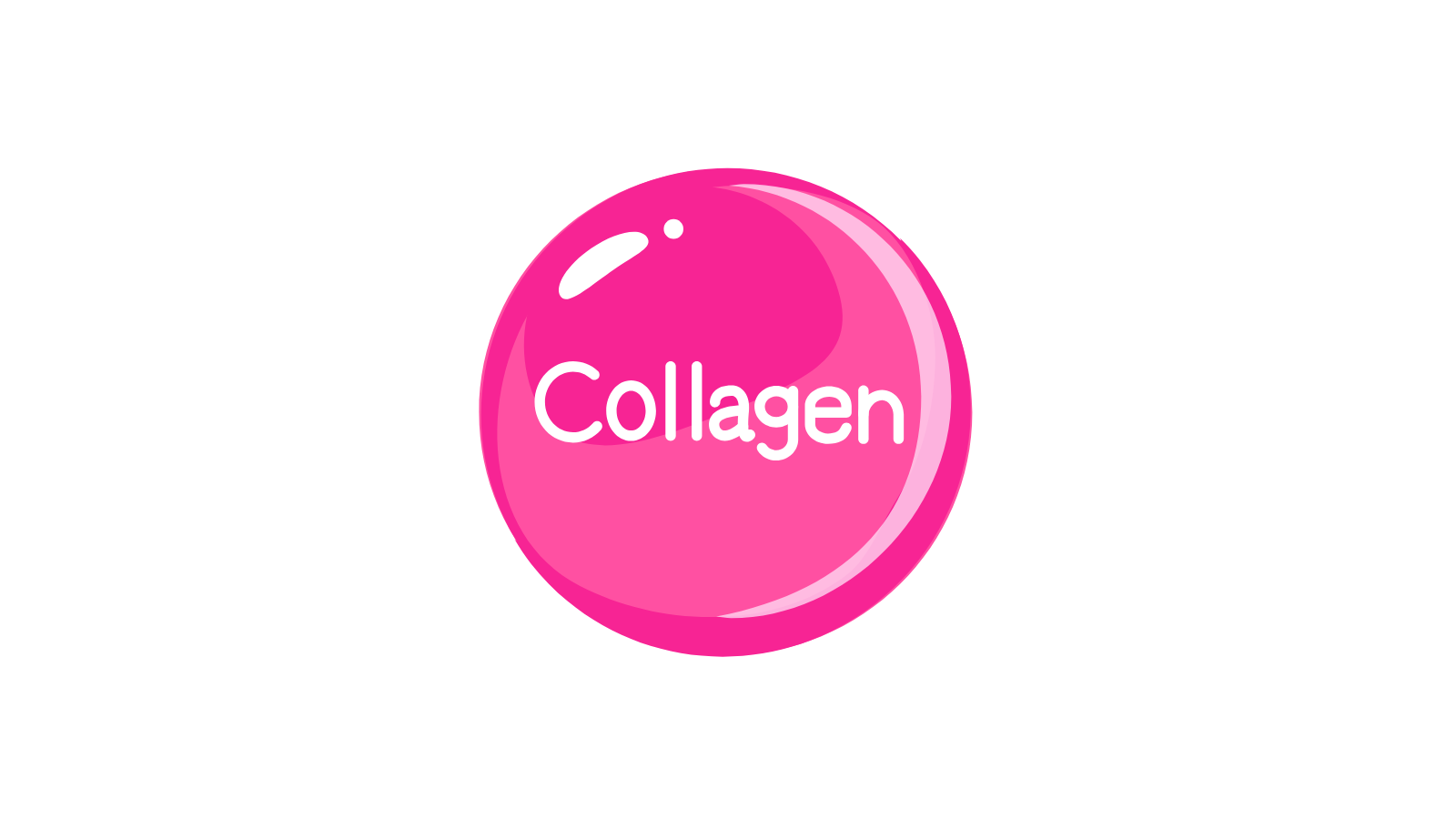
Recommended Intake:
- 2.5-10 grams per day
Best Sources:
- Hydrolyzed collagen peptides for better absorption
- Collagen supplements derived from marine or bovine sources
Benefits:
- Improves skin elasticity and hydration
- Supports joint and bone health
9. Vitamin B12 for Energy and Nerve Function
Vitamin B12 is essential for energy production, red blood cell formation, and nerve health. Women following vegetarian or vegan diets are at higher risk of B12 deficiency.
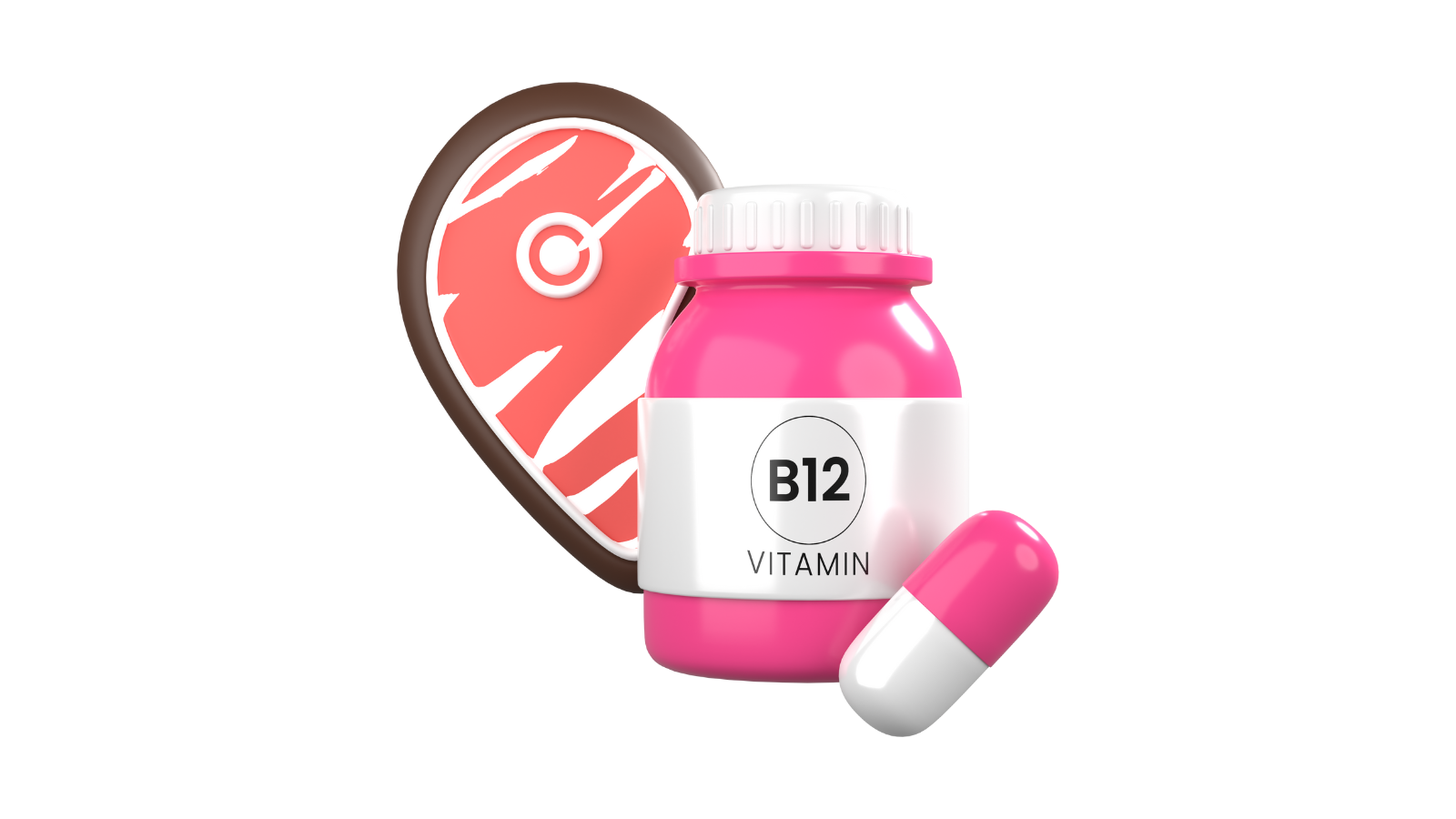
Recommended Intake:
- 2.4 mcg per day
Best Sources:
- Methylcobalamin or cyanocobalamin supplements
- Fortified foods like cereals and plant-based milks
Benefits:
- Boosts energy levels
- Supports brain and nerve health
10. Evening Primrose Oil for Hormonal Balance
Evening primrose oil is rich in gamma-linolenic acid (GLA), an essential fatty acid that helps regulate hormones. It is often used to alleviate PMS symptoms and support skin health.

Recommended Intake:
- 500-1,000 mg per day
Best Sources:
- High-quality evening primrose oil capsules
Benefits:
- Reduces PMS symptoms
- Promotes skin hydration and elasticity
Conclusion: Supplements for a Healthier You
Food supplements can play a significant role in enhancing women’s health by addressing specific nutritional needs and supporting overall well-being. While supplements are beneficial, it’s essential to consult with a healthcare professional before starting any new regimen to ensure they align with your unique health requirements.
By incorporating the right supplements into your routine, you can bridge nutritional gaps, boost energy, and enjoy better physical and mental health at every stage of life. Empower yourself with the knowledge to make informed choices and take proactive steps toward a healthier, happier you.

